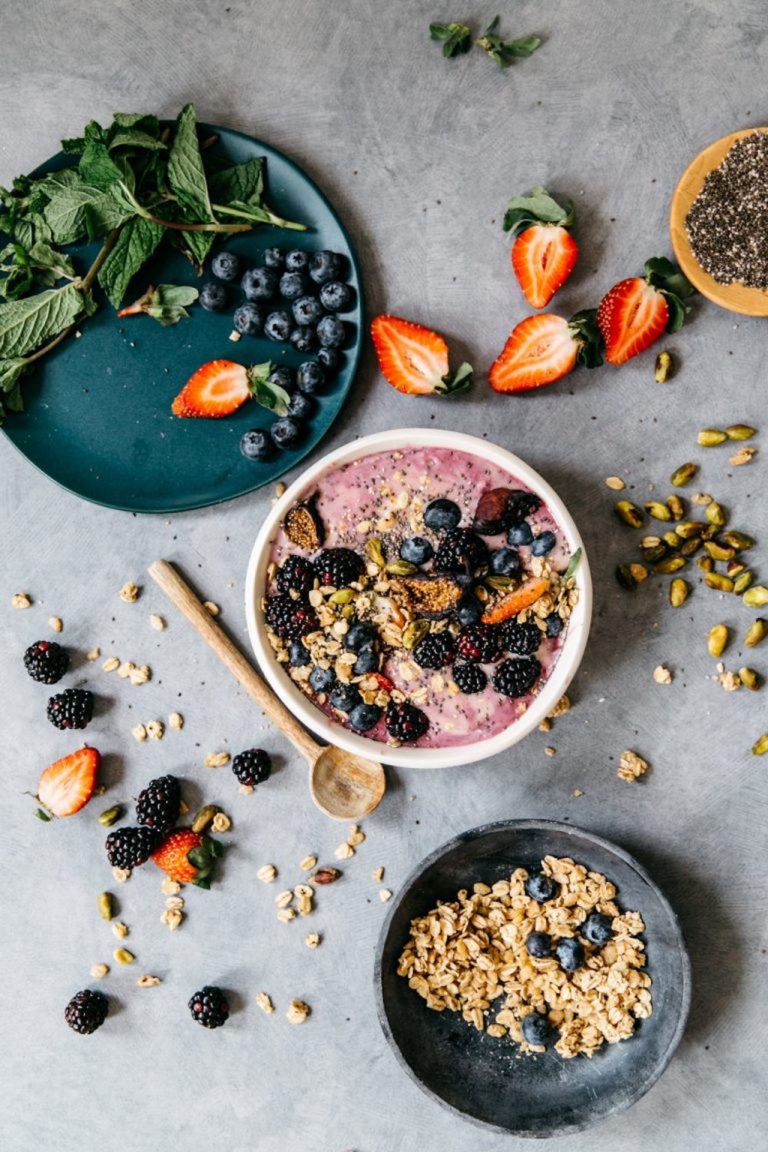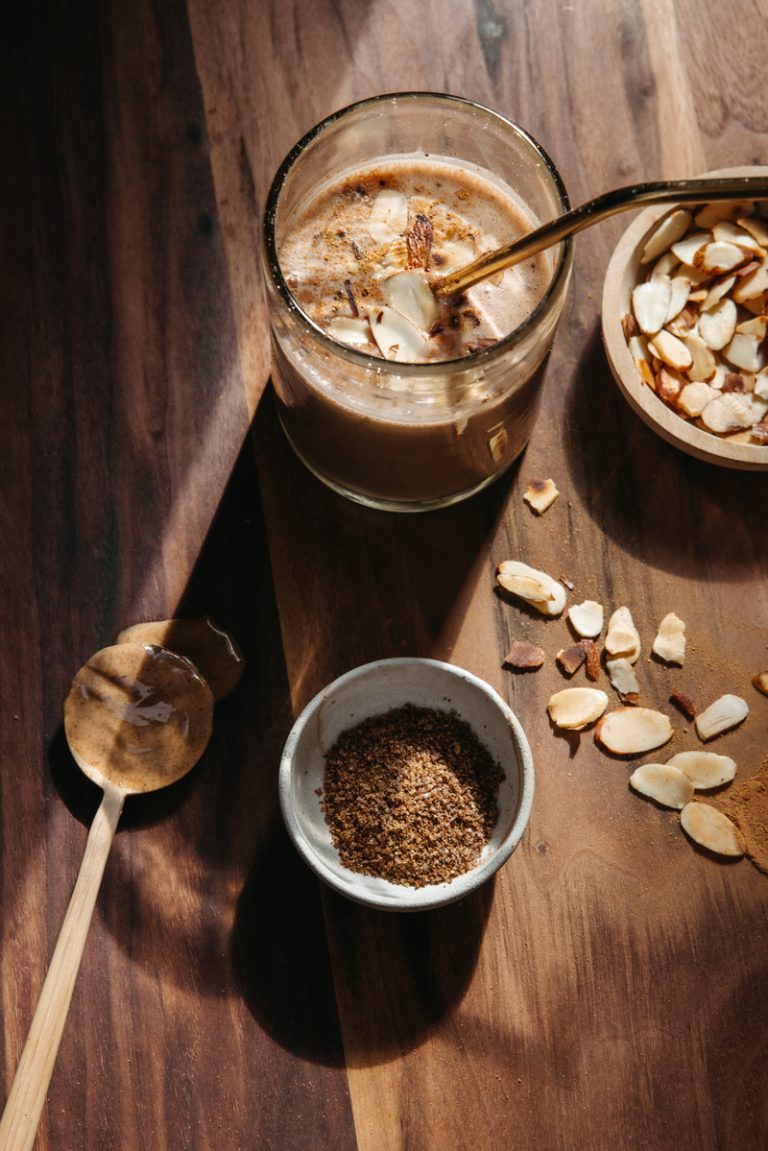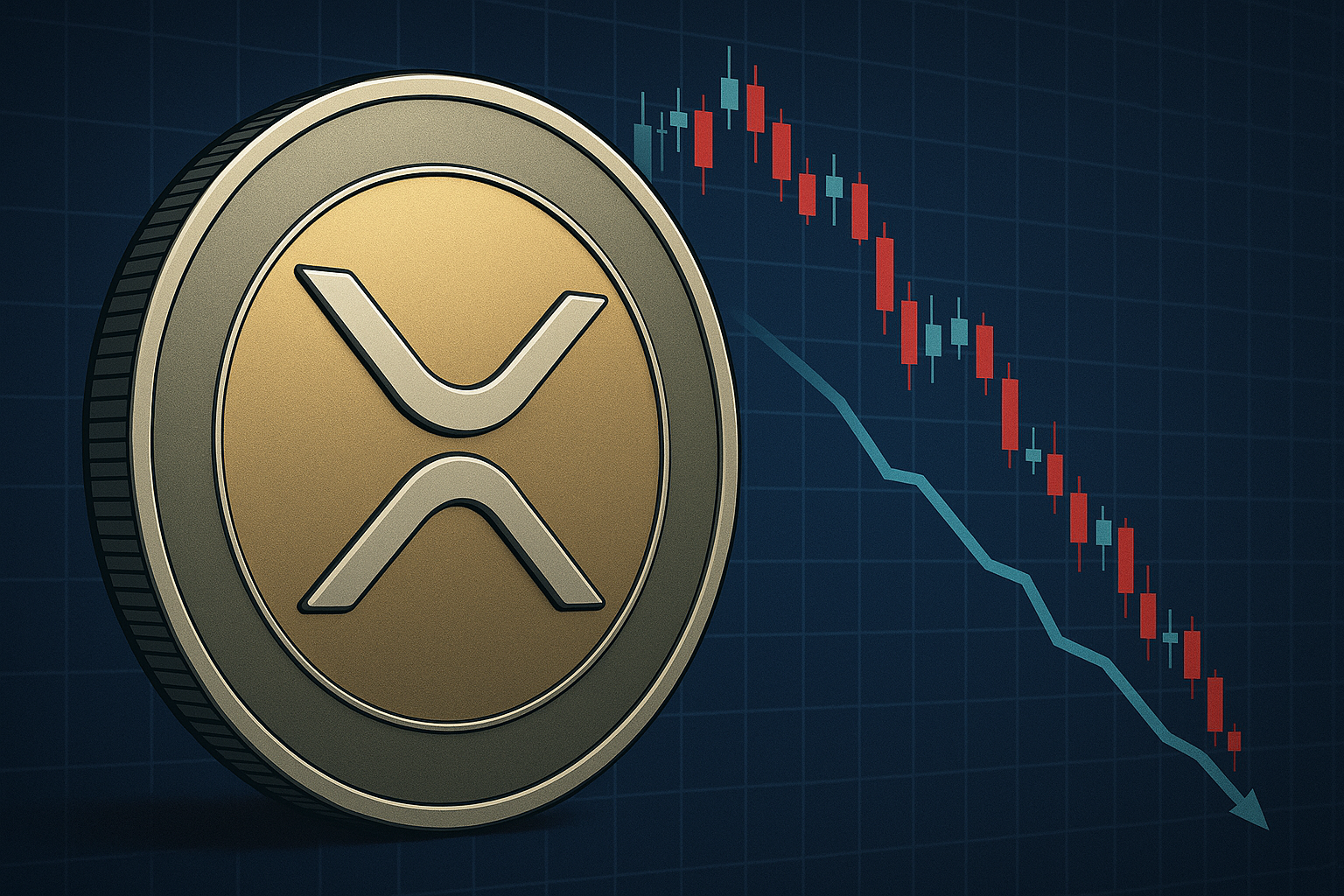Your Menstrual Cycle And Nutrition: Get The Low Down
It's a two-way street to happy hormones. The post Your Menstrual Cycle And Nutrition: Get The Low Down appeared first on Camille Styles.

There’s no denying the power of proper nutrition. Expert after expert agrees: it can significantly improve your health. Particularly, your hormones. Whether you’re floating through your 20s—or menopause is knocking at the door—your diet can make or break hormone balance. Unfortunately, consuming too many ultra-processed foods, inflammatory oils, and sugars sets you up for a hormonal fiasco. But good news! The solution lies in your eating habits.
If you currently struggle with intense PMS symptoms, PCOS, or other period-related woes, understanding blood sugar and menstrual cycle will change the game. Use food as medicine to bring your body into balance—one plate at a time.
Featured image of by Michelle Nash.
1 of 8

Subscribe
Get Breathing Space
A twice-monthly note from me to you. What's currently on my mind, in my cart, on my plate, and more. Drop your email to subscribe.
Thanks for Signing Up!
Oops!
Looks like you’re already signed up or your email address is invalid.
Oops!
Looks like you unsubscribed before click here to resubscribe.
Why is hormone health important?
Hormone health—like adequate nutrition—is vital to our well-being. Throughout every stage of life, hormones play a role. They regulate everything from growth to sex drive, reproduction, metabolism, and more. Hormones help control what (and when) certain bodily processes happen. Although very powerful, they’re equally sensitive. Hormones are easily influenced by lifestyle factors: exercise, stress, sleep, and medications. One—or all—of these factors can throw your hormones out of balance. Luckily, you don’t need a PhD to support blood sugar stability and hormone balance.
2 of 8
Did you know that an estimated 88% of the U.S. population is metabolically unhealthy? Said differently: only a mere 12% of Americans walk around with optimal blood sugar levels. And balanced blood sugar is is key for almost all human functions—sustained energy, cognitive function, hormone health, longevity, and more. Whether or not you’ve heard of blood sugar, consider it an under-appreciated window into your overall health. Is blood sugar driving your hormone imbalance? Read on to learn more.
3 of 8
Blood Sugar and Insulin: A Lock and Key
If you’re new to understanding blood sugar, let’s break it down. When you eat carbohydrates, they’re broken down into glucose (sugar). Your bloodstream transports this sugar to your cells. And boom, you’ve got fuel to burn. But in order to get into the cells, where glucose can be used for energy, the pancreas needs to release insulin. Insulin is the hormone that shuttles glucose where it needs to go. When it works properly, all is good. Insulin makes sure your blood glucose levels aren’t too high or too low.
Is it better to be insulin resistant or insulin sensitive?
When your blood sugar is chronically high, your body slowly becomes less sensitive to insulin. This is known as insulin resistance. And in many ways, it’s not the goal. Instead, you want to be insulin sensitive. (Tips on how to achieve this, below.) Unfortunately, when you’re insulin resistant, it takes more and more insulin to shuttle circulating glucose into your cells. In turn, this causes blood sugar imbalance and a host of menstrual cycle imbalances.
4 of 8
How do I know if my blood sugar is too high?
While you can use a continuous glucose meter (which is wildly helpful), there are certain symptoms that accompany imbalanced blood sugar. You may have chronically elevated blood sugar/insulin if these sound familiar:
Fatigue, particularly after meals Inconsistent energy Regular, strong sugar cravings Feeling anxious between meals Trouble losing weight Frequent hunger Sleep issues (falling asleep or staying asleep) Missing or irregular period Intense period crampsBy contrast, when your blood sugar is balanced, you’ll feel consistent energy throughout the day, minimal cravings, better sleep, energy in the mornings, a stable mood, and less PMS.
To know for certain if your blood sugar is in range, schedule an appointment with your PCP or healthcare provider to get your A1C tested. This will give you an understanding of your blood sugar over the past three months.
5 of 8
How Blood Sugar Impacts Female Hormones
So, how does blood sugar relate to your menstrual cycle? Study after study show that blood sugar impacts all female sex hormones. When insulin is elevated—aka blood sugar levels are high—it puts stress on the body. This causes a spike in cortisol and this spike has a ripple effect on other hormones. Since progesterone and testosterone compete for the same receptor sites, high cortisol causes low progesterone. This leads to symptoms like heavy periods, migraines, anxiety, acne, PMS, estrogen dominance, endometriosis, and more.
Elevated Blood Sugar and Ovulation
Furthermore, your ovaries also have insulin receptors! Meaning, elevated insulin can cause the ovaries to produce more testosterone. This ultimately impacts—or entirely stops—ovulation. It causes issues like PCOS and irregular periods. Elevated insulin also lowers SHBG (sex hormone-binding globulin), which contributes to both high estrogen and testosterone—in turn, causing symptoms like tender breasts, heavy periods, and uterine fibroids. As you can see, blood sugar and menstrual cycle are a tight web.
6 of 8
Each Phase Of Your Cycle And How It Affects Blood Sugar
As women, the natural ebbs and flows of our hormones affect blood sugar (and insulin sensitivity). Curious to know what’s happening to your blood sugar in relation to your menstrual cycle? Let’s look at the entire cycle, starting with the first day of your period.
Days 1-7: Hello, period! You may experience higher blood sugar levels and insulin resistance on the first few days, but insulin sensitivity should revert back to normal for the rest of your period, and a few days after it ends.
Days 11-14: During ovulation, you may experience higher (and somewhat erratic) blood sugar levels and insulin resistance. As your body prepares to release an egg, hormones rise, which can cause a spike in your blood sugar. This lasts 2-3 days.
Day 15-20: Blood sugar typically balances itself out (with the support of proper nutrition) at the start of the luteal phase.
Day 21-28: This is the point in your cycle, known as the mid-luteal phase, where you’re more likely to experience significant insulin resistance and higher blood sugar levels. This isn’t uncommon before your period starts again. During this time, prioritize healthy fats, protein, and fiber with each meal.
Keep in mind that every woman’s cycle is different and it is normal for lengths to vary. Your cycle may be longer or shorter than the phases listed above.
7 of 8
Simple Tips For Balancing Hormones
Working with the natural rhythms of your cycle, there are simple, effective habits you can instill to balance blood sugar.
1. Don’t cut carbs
There’s no need to go keto! In fact, I don’t recommend this (long-term) for women. Instead, keep your plate balanced. When having a bowl of pasta, try to choose 100% whole grain pasta, or an alternative like a chickpea or lentil-based pasta. Additionally, add protein and healthy fat. This could look like having grilled chicken on the side, sautéed shrimp, as well as a pesto-based sauce. Protein and fat don’t cause the same blood sugar spike as carbs, so they’re helpful to have on your plate.
2. Manage your stress
As mentioned, chronic stress causes blood sugar to increase. Beyond implementing mindfulness practices during the day and minimizing your stress triggers, consider these stress-relieving products.
3. Get quality sleep
Clock your zZz’s. Getting quality sleep (7-9 hours) is essential. Poor (or little) sleep causes cortisol and blood sugar to rise. Here are helpful ideas for a calm nighttime routine. Along with doing a nighttime meditation and turning off your devices, you may also benefit from limiting these foods before bed.
4. Move your body
Last but not least, move your body. This doesn’t mean you need to begin a daily HIIT routine. In fact, that may cause more harm than good. Instead, opt for 15-30 minutes of strength training, go for a brisk walk, unroll your yoga mat, or dance in your kitchen. Anything you can do to get your blood circulating and your muscle fibers firing will support your blood sugar.

 Astrong
Astrong 






























